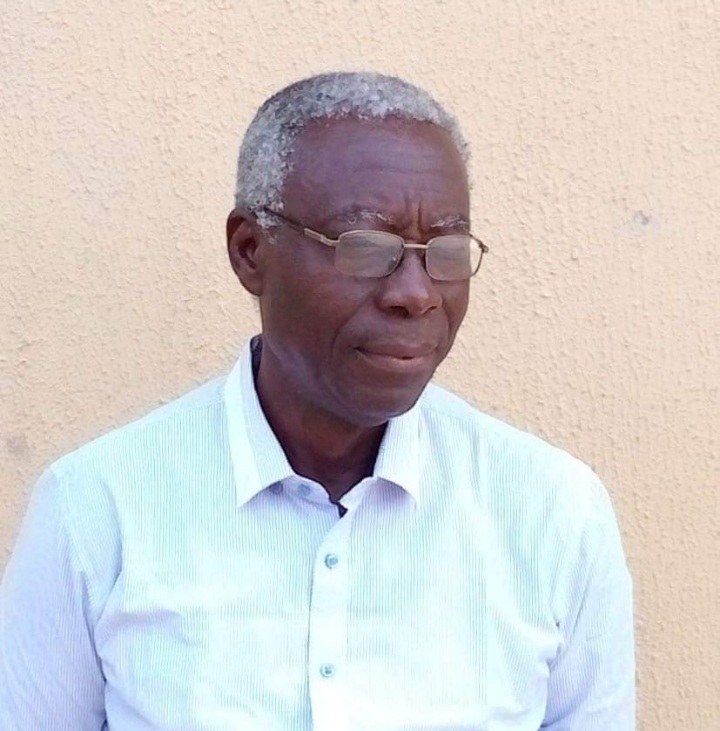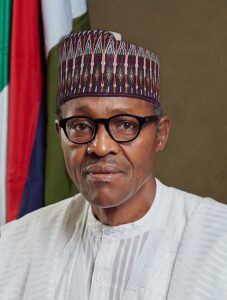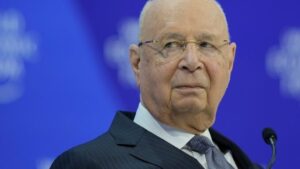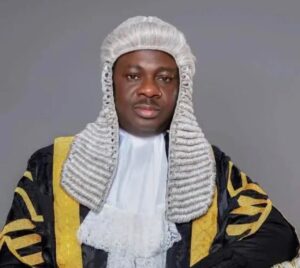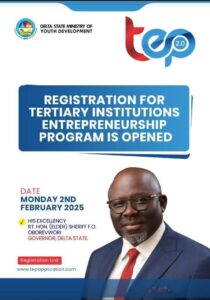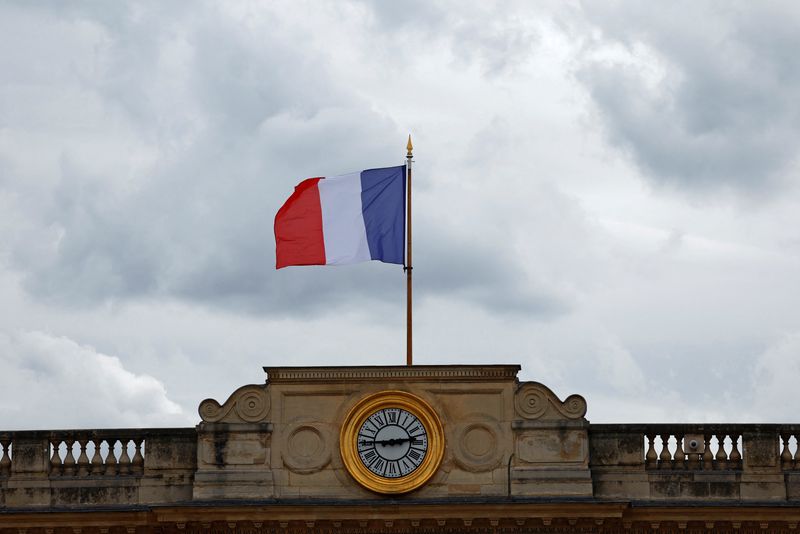
FILE PHOTO: A French flag flies above the National Assembly in Paris on day after the second round of the early French parliamentary elections, France, July 8, 2024. REUTERS/Gonzalo Fuentes/File Photo
France is confronted with the scenario of a “hung parliament”, and a possible political deadlock. Unfolding events in the past two weeks indicate that the last has not been heard of the Paris mob and its radical influence on the rugged French political terrain. France has a long history of political violence. The protests and fires sparked by the announcement of Marine Le Pen’s National Rally(RN) party’s overwhelming victory in the first round of vote therefore generated concern both in France and across Europe. In a sense these riots and protests evoke a feeling that the spirit of 19th century Jacobinism still endures in present day France.
[the_ad id=”16914″]
The concluding results from the second round of elections announced on Sunday, 7th July, 2024, produced no outright victory for any of the three major contending political blocks. But it brought relief to many. France is on its way to forming a coalition government as in Italy and Germany because no party could secure the election win of 277 deputies required to form a government. A previously unknown radical left New Popular Front (NPF) party emerged with the highest vote of 182 representatives while Marine Le Pen’s far right National Rally party (RN) got 143. President Emmanuel Macron’s centrist Ensemble party struggled to secure victory for 168 representatives.
The euphoria that greeted the initial first round election victory of the RN was stiffled by a hurriedly arranged alliance between Macron’s Ensemble party and the NPF. The political intrigues culminating in the victory of the leftist and centrist parties have been decribed as “desperate moves” . Marine Le Pen’s 28 year old protege, Jordan Bardella at the European Parliament called it an “alliance of dishonour”. Earlier, just before the second round of voting, President Macron whose Ensemble party lost in several districts in the first round had warned that victory for the NPF and RN could lead to “civil war”.
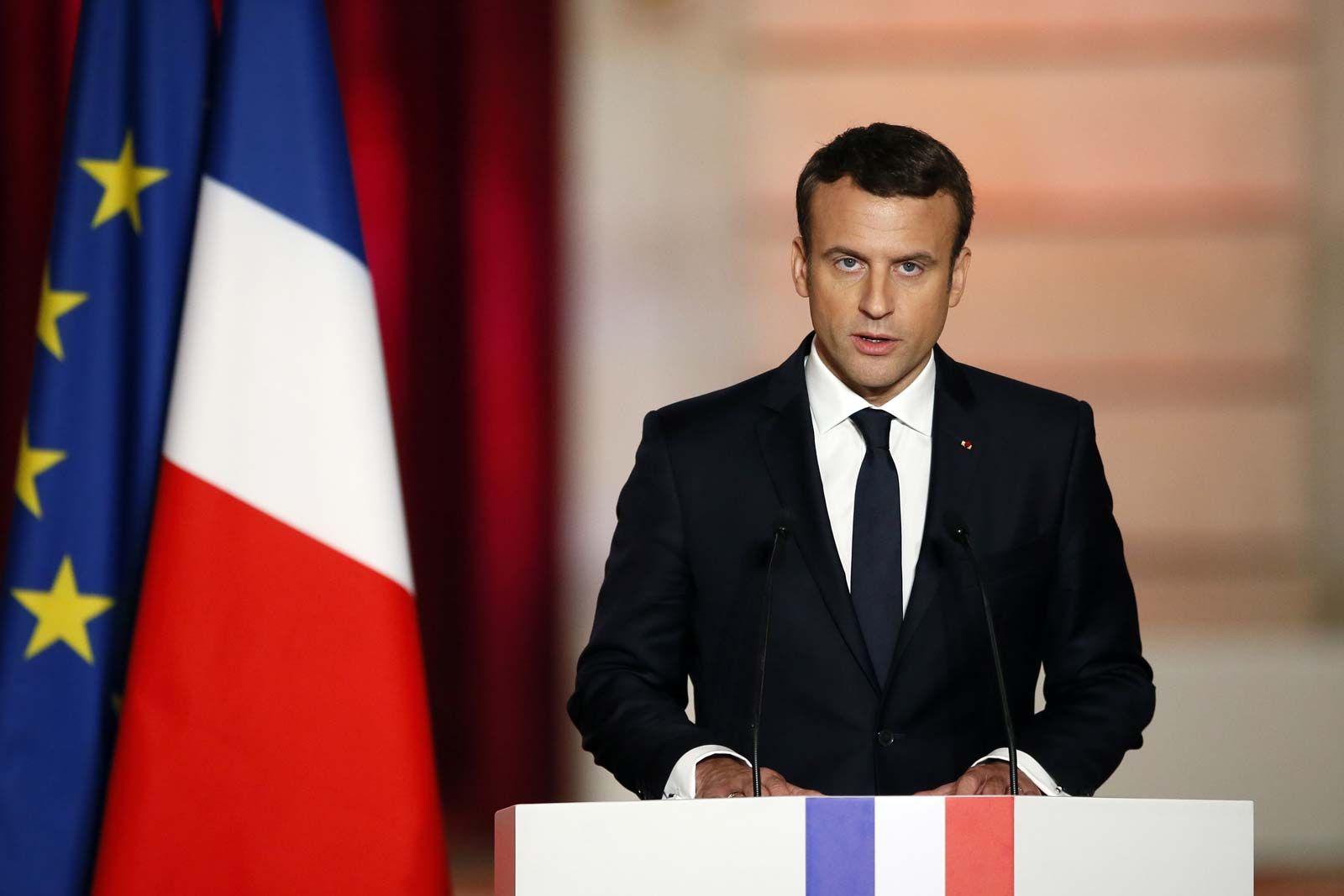
Macron’s ultimate goal is to garner a significant number of liberal and moderate leftist representatives in the NPF to form an alliance with his centrists. He has a conceived goal of achieving a balance for his party to form a coalition government. A daunting task. The New Popular Front party itself is a coalition of ideologues of differents shades from a salad bowl of political parties. It consists of socialists, environmentalists, radical communists and Manuel Bompard’s radical left France Unbowed party, hurriedly put together just before the elections.
The primary objective of the alliance was to stop the populist National Rally party from winning enough seats to form a government. How the President Macron gamble will materialize remains to be seen in the short and long terms. But in all of this, President Macron’s desperation points to his sudden loss of popularity among French citizens in recent times.
The new prime minister President Macron plans to choose in replacement of the incumbent Gabriel Attal, if the NPF allows him, would have to water down NPF campaign demands: a 90% increase in tax rate on the rich; a planned reduction of retirement age from 64 to 60 years; 14% increase on minimum wage and a block on price of essential goods. Most of these demands run contrary to the policies of Macron’s government. In any case, Manuel Bompard of France Unbowed party still insists on the NPF forming a coalition government for France.
Given the prevailing realities in France, the president would be challenged with the arduous task of choosing an acceptable prime minister. Beyond that is the prospect of navigating through the heated and deadlocked political space to form a coalition government geared towards fulfilling the yearnings of a divided France-a people of diverse leanings. The remaining three years of his presidency will prove remarkable depending on how he tackles the numerous issues ahead of him. One certainty he has achieved today is that Le Pen will not be called upon to form a government.
Perhaps Marine Le Pen’s strong desire to crack down on immigrants was part of RN party’s undoing in the second round of vote. The immigrant population in France has burgeoned steadily over the past half century or thereabout from 5% in 1946 to 10% by 2020. The populist right National Rally had proposed to abolish free health care for all immigrants. They also had a plan to enforce discriminatory controls, such as keeping immigrants at the back of the que for welfare benefits. It should be noted that 10% is a huge chunk of France’s population of approximately sixty- eight million, and could have had a telling effect on the vote.
Marine Le Pen’s defeat in the second round vote brought great relief to European and global leaders. There had been much apprehension and anxiety as to what her policies would mean to the European Union (EU) and other continental issues. Le Pen was known to be warming up to Russian leader Vladimir Putin. She was also vocal about reducing French military commitments to Ukraine.
U.S. President Joe Biden in his comments after results were announced remarked that, “France rejected extremism” and hoped that the same would prevail at home. German Chancellor Olaf Scholz expressed concern at the release of the first round results because of decades-long fundamental Franco-German strategic interests in Europe. Upon release of the second round results, a senior official in Berlin remarked that, “For now, a relief prevails that things we feared have not materialized”. Ukraine and Polish leaders expressed joy and relief at the final results. But there was disappointment in Moscow. In France the results have been greeted with enthusiasm as many perceive it as a new beginning.
[the_ad id=”16918″]
The National Rally party had the highest population win of 10 million vote. However, it came from areas of low district representation. Marine Le Pen remains undaunted. She is a scion of a reputable political dynasty in France, the daughter of Jean Louis Marie Le Pen who contested against President Jaques Chirac in the 2002 presidential election.
Since she expelled her father from the party in 2011 for untoward remarks, her popularity has been on the ascendance. She is contented with marginal gains made in all areas so far. Besides, these achievements have enhanced her future bid at the presidency in 2027. She contested the presidential election in 2012,2017 and 2022. She polled 33.9% of the vote in 2017 and 41.5% in 2022. She is optimistic of her victory in 2027 as Macron leaves office due to tenure limitation.
Macron’s popularity has waned considerably given his plummeting approval rating of 21% in recent polls. France’s rulers hardly finish strong. Charles De Gaulle with all his charisma and revered status as one of the world’s three greatest leaders of his time was swept out of office with riots and protests after nearly two decades rule. Jaques Chirac and Nicholas Sakorzy both left office to respectively meet a jail sentence. President Macron understands that there is widespread anxiety and discontent about him in France, even as he teteers a tight rope of politics in France.
